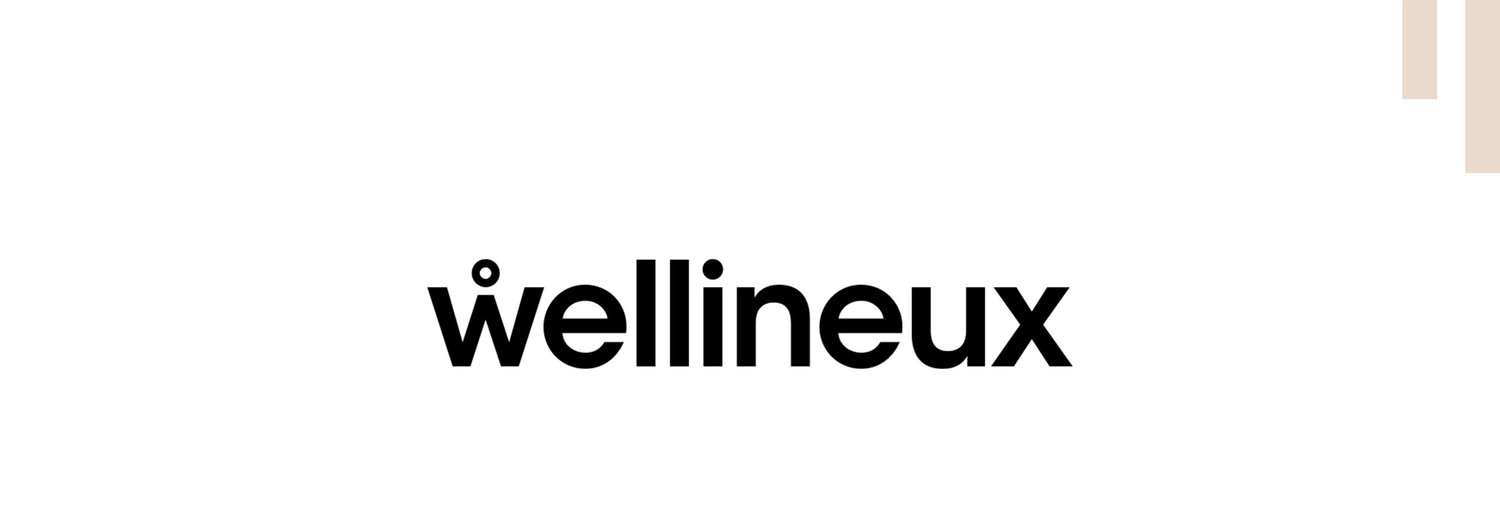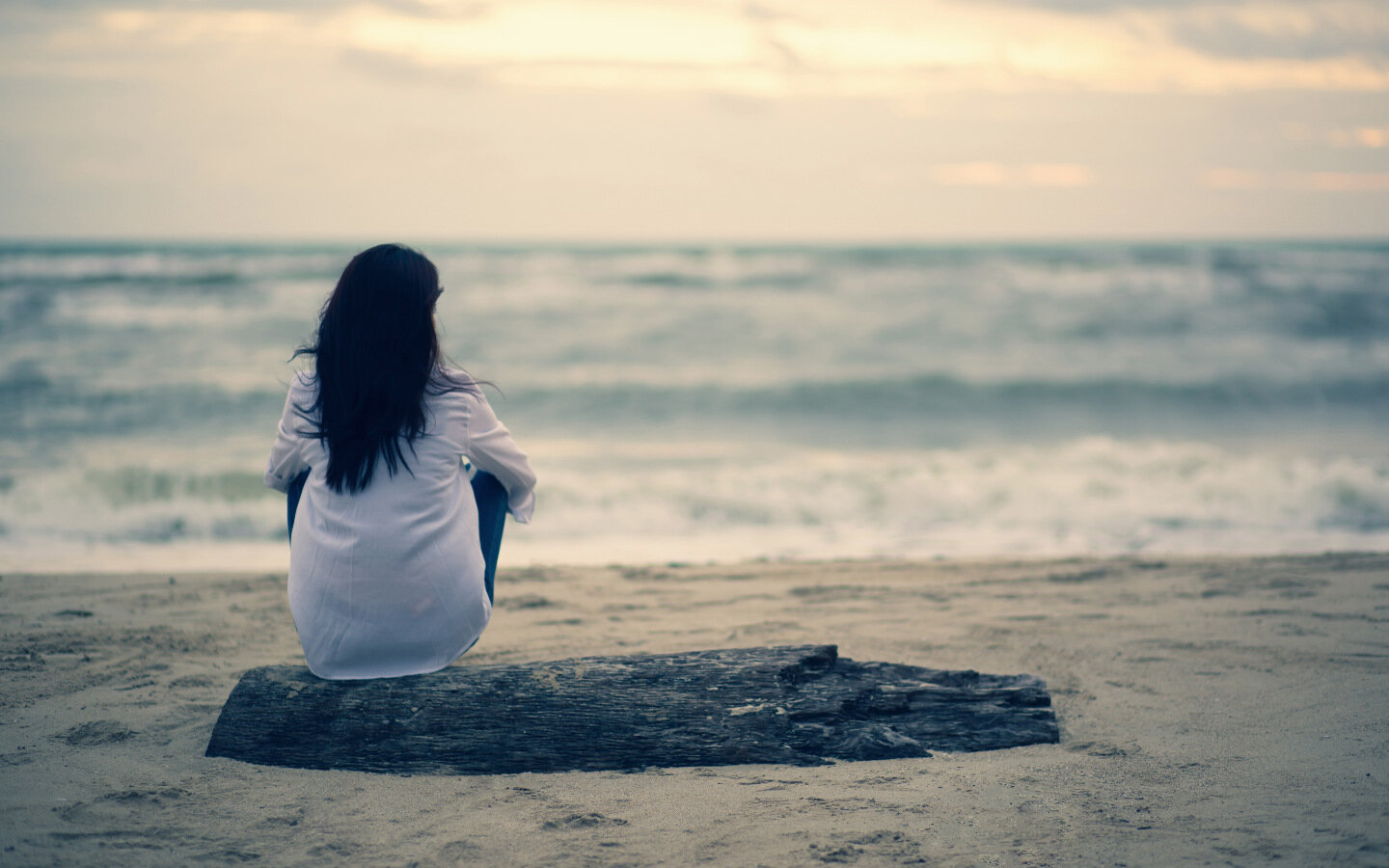5 big gifts in a small daily practice
/By Kris Deminick of This Electrified Life https://www.thiselectrifiedlife.com
Remember at the beginning of COVID-19 lockdown, every man and his dog became sourdough bakers or fluent in Spanish? Remember that time you used to dabble in painting, took dance classes, or said you were going to start woodwork, pottery, fiction writing {insert creative hobby here}? Turns out there’s way more to our creative impulses than we give them credit for. Our never-ending to do list of responsibilities, deadlines, bills, and commitments see creative expression sit pretty low on the mountain of priorities. Yet what if there is more benefit to it than meets the eye?
First, if you believe you’re not creative, there’s actually no such thing. It’s the definition that is limited, not your access to it. You don’t have to be paid for your creativity for it to count, nor be practising at any particular level. Creativity is simply an approach to life that stimulates joy and alignment. Just like any other form of self-care or well-being modality, it can chill you out, help you process emotions, manage anxiety, teach you mindfulness, or lead you to explore and better yourself.
SO WHAT HAS HAPPENED TO OUR CREATIVE IMPULSES?
As we become buried in the 'shoulds' ', expectations, and outcome-orientation of ‘adulting’, we come to somewhat resent creative time as trivial. A luxury, indulgence, or distraction from more important serious matters. It’s easy to see then how denying our natural creative impulse could contribute to feelings of burnout, overwhelm, boredom, hustle, and not feeling like ourselves.
WHAT CAN IT TEACH US?
The value of play - once we let play in, we can begin to crowd the worries out. It acts as a circuit breaker to the trapped, stuck or anxious feelings we may have. Play and exploration can help realise that much of what we worry about isn’t as important as we think. Acting from the pure motivation of joy and fun also stimulates feel-good neurochemicals to relax the body and in turn make us more optimistic.
Resilience - any creative practice will come with its share of unsuccessful attempts and/or outside criticism. Each of these setbacks flexes our resilience muscle, proving that perceived failure or negative feedback is not the end of the world. It is easier for us to get back up and try again as the act of creating is enjoyable in and of itself.
Being present - most of us have had a creative experience where hours have gone by unnoticed as we are so immersed in our activity. This is pure presence in the moment, free from worry about the past or future.
Reconnect to the senses - inspiration is sensory not analytical. Our creativity comes from exploration and curiosity rather than intellectualism so sensory experience is critical to the process. Similarly to being present, we unhook from analysis, planning and strategy when we create to sensate the way forward. This can help us in emotional regulation and building empathy and compassion.
Problem solving - the creative process opens us up to possibilities we otherwise may not see as it is a safe outlet to push boundaries, test and learn, or experiment. This widening of our perception can assist us in other areas of our life and work as we get more comfortable with thinking differently.









































